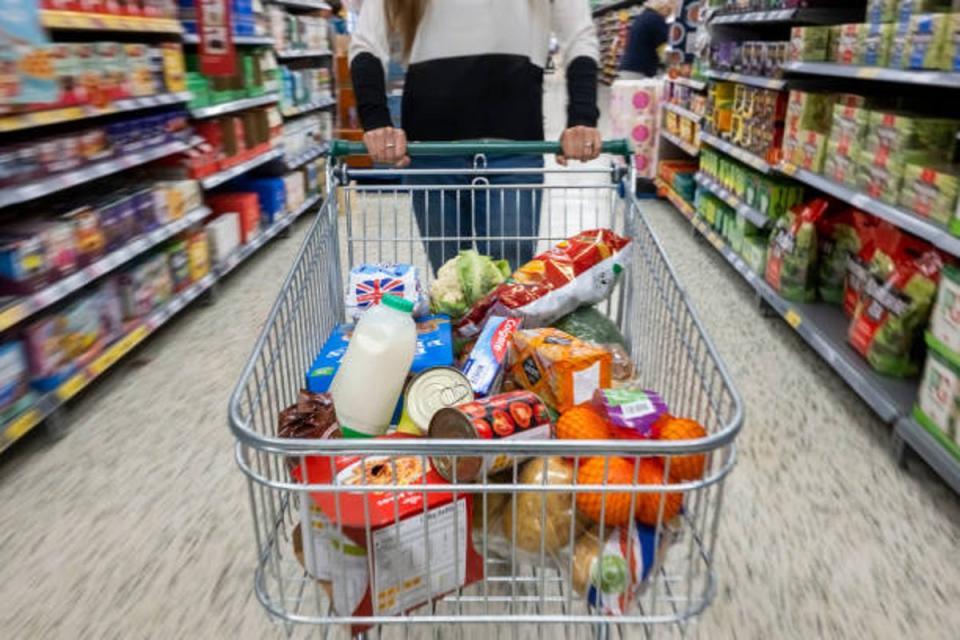Inflation likely to rise to 15% early next year

This morning the economic levee broke when inflation finally jumped into double figures landing at 10.1% after leaping from 9.4% in June sending a tidal wave through the markets.
And all this despite the Bank of England (BoE) placing half percent interest rate sandbags at intervals in the wake of Britain’s inflation Tsunami.
The question that remains is how high can inflation go before the floodwaters subside? It looks like the dingy holding the British consumer is going to be in deep, choppy waters for some time yet.
if we go straight to the captain of the ship, the Bank of England (BoE) whose Monetary Policy Committee at the beginning of this month said it expects inflation to rise to a peak of 13.2% in October.
As this is a position we are already creeping up to, this does not leave much room for negotiation, and many are expecting this to be revised over the coming days.
In reply to the Bank earlier this month, the independent think tank the Resolution Foundation, predicted that annual inflation could reach as high as “potentially” 15% by the start of next year.
Today, Citi economist Benjamin Nabarro warned the bank’s clients that there was “the risk of more sustained domestic inflation”.
Reuters reported that in a note to clients he said that “in the absence of” any fiscal support packages his bank expected inflation across Britain to reach the 15% tally early next year.
The 10.1% Consumer Price Index (CPI) inflation figure announced today is the highest since February 1982 - in the pre-miners’ strike years when Margaret Thatcher was Prime Minister - and adds to a climb that has alreadyiwashed away living standards that have dropped more quickly than at any time since detailed records began more than 20 years ago in 2001.
The Chancellor Nadhim Zahawi has said that getting inflation under control is his number one priority, but even he has admitted that the situation is likely to get worse before it gets better.
Martin Beck, chief economic advisor to the EY ITEM Club, says that inflation is likely to top 12% in October, when a new energy cap is introduced in UK taking annual bills out of the reach of some people.
“CPI inflation rose for the sixth successive month in July, reaching 10.1%. This compared with 9.4% in June and is the first double-digit rate since February 1982, as well as exceeding the Bank of England’s (9.9%) and consensus (9.8%) predictions, he says.
He adds that higher food prices made the biggest contribution to July’s rise, as past increases in agricultural commodity prices continued to feed through.
Energy is, however, still the danger.
“As things stand, these disinflationary forces are still set to be out-balanced by the consequences for energy bills of rising wholesale gas prices. The latest estimates suggest that the typical household bill will increase from the current £1,971 to almost £3,600 in October, a rise of almost 80%, before climbing further to over £4,200 in January 2023.
“This would likely cause CPI inflation to exceed 12% in October and remain close to that level until next spring.”

 Yahoo Finance
Yahoo Finance 